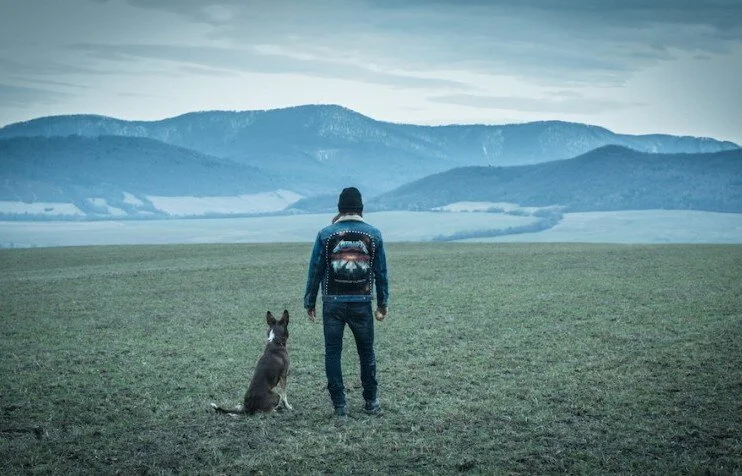Berlinale 2018: 5 Unmissable New East Titles
The Son, dir. Alexander Abaturov (Russia)
Abaturov’s second feature is a documentary film dedicated to his cousin, Dima Ilyukhin, a Russian army soldier who was killed during service in Dagestan at the age of 21. Exploring the futureless, Abaturov follows the life of new recruits in Siberia during trainings, and interviews them about the events around Dima’s death. The story runs in parallel with the one of Dima’s mourning parents, trying to carry on with their life without their only son. The Son is a brave and challenging story about a generation that will never grow old that inevitably.
Djamilia, dir.Aminatou Echard (France/Kyrgyzstan)
Emerging from the pages of Chingiz Aitmatov’’s novel published originally in 1958, Jamilya tells the story of a woman who has left her husband from arranged marriage for the love of her life, Daniyar. A manifestation against local mores, the story of Jamilia is indicative of the lives of women in Central Asia today. The French director paints a hauntingly beautiful portrait of contemporary Jamilya, played by a diverse cast of Kyrgyz women. Shot on silent Super-8 film and a separately recorded soundtrack, Jamilia is a visual poem about womanhood, traditions and social order.
Tower. A Bright Day, dir. Jagoda Szelc (Poland)
A bold and promising feature debut, “Tower. A Bright Day” is a story about a family reuniting after years of separation. Film starts with a warning that it is based on future events and skillfully develops into an apocalyptic psychological thriller. The soundtrack and cinematography of the film maintain the sensitive tension between members of the family in an attempt to “act normal” while having to fight for recognition. Compared to Yorgos Lanthimos by many film critics, Jagoda’s family drama is an attempt to look out for metaphysical correlation of the events.
Infinite football, dir. Corneliu Porumboiu (Romania)
Following the film-pronunciator of the Romanian New Wave, “12:08 East of Bucharest,” (2006), as well as “The Second Game” (2014), the director’s previous take on this sport, “Infinite Football” is a dry humour minimalist documentary that uses dialogue as its main fabula. The film follows the story of Laurențiu Ginghină back when he was a young footballer. As the footballer opens up about his traumatic experiences, we learn about the man’s current fixation on changing the rules of the game all the while a discussion of ideas and world events showcases football as political topic.
Mug / Twartz, dir. Małgorzata Szumowska (Poland)
The director of the award-winning comic drama “Body” (2015) returns with a story of Jasek (Mateusz Kościukiewicz), a young misfit in provincial Poland who miraculously survives a fall from the construction site of what will be the tallest statue of Christ in the world. Completely disfigured by the accident, Jasek undergoes a plastic surgery that completely transforms his appearance. Anathematised by everyone but his sister, the young man’s life in the small town changes as drastically as his looks, raising questions of humanity, acceptance, and bodily experience. The unique aesthetics depth of field lasting throughout accompany Mug in this a deadpan sharp commentary on a recent revival of the Catholic Church in Poland and “the fear of unknown” which sets Polish society in the premise of conservative backwardness.


